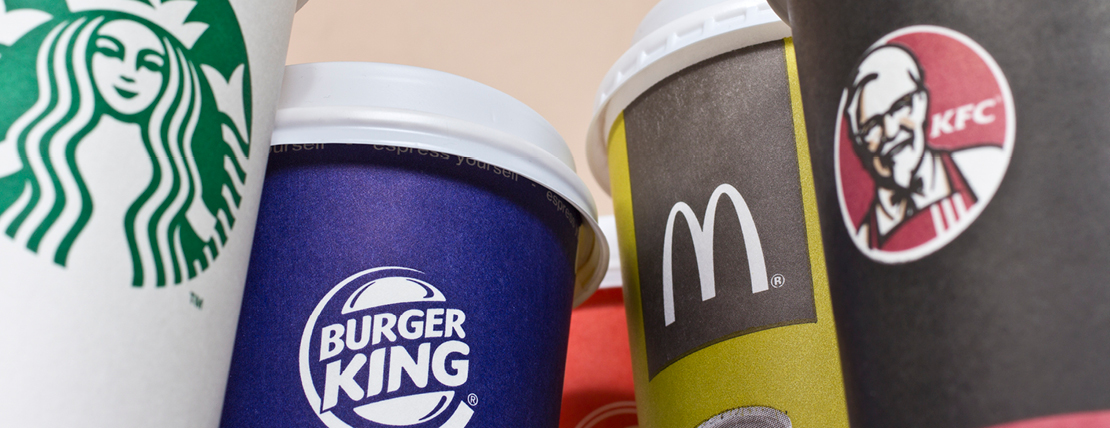On Monday, the California State Senate passed a bill that could transform the way the service sector is regulated by creating a council to set wages and improve working conditions for fast-food workers. According to the New York Times, the measure, known as A.B. 257, passed by a vote of 21 to 12. The State Assembly had already approved a version of the measure, and it now requires the approval of Gov. Gavin Newsom, who has not indicated whether he will sign it.
The bill was vehemently opposed by the fast-food industry. Industry officials argue that the bill will raise labor costs, and therefore menu prices, when inflation is already a widespread concern.
“In my view, it’s one of the most significant pieces of state employment legislation that’s passed in a long time,” said Kate Andrias, a labor law expert at Columbia University. “It gives workers a formal seat at the table with employers to set standards across the industry that’s not limited to setting minimum wages.”
The bill would set up a 10-member council that would include worker and employer representatives and two state officials, and that would review pay and safety standards across the restaurant industry. The council would shut down after six years but could be reconvened by the legislature.
The council could issue health, safety and anti-discrimination regulations and set an industrywide minimum wage. The legislation caps the figure at $22 an hour next year, when the statewide minimum wage will be $15.50. The bill also requires annual cost-of-living adjustments for any new wage floor beginning in 2024.
Restaurant chains with at least 100 locations nationwide would come under the council’s jurisdiction — including companies like Starbucks that own and operate their stores as well as franchisees of large companies like McDonald’s. Hundreds of thousands of workers in the state would be affected.
U.S. Adds 315,000 Jobs in August
According to the latest jobs report released by the Labor Department on Friday, the U.S. added 315,000 new jobs last month and the unemployment rate rose to 3.7 percent.
Yahoo! Finance reported, “Friday’s report showed a modest revision to July’s payroll growth, with the BLS now estimating 526,000 jobs were created last month, down from the 528,000 previously reported. Between revisions to June and July's figures, there were 107,000 fewer jobs created over those months than initially estimated.
“Still, job gains over the last three months have averaged 378,000. In 2019, average monthly job gains stood at 164,000.”
At the industry level, the retail sector was a standout in August, with 44,000 new jobs added or created during the month — an increase from a gain of 22,000 in this area across the prior month.
Employers across leisure and hospitality notably hired fewer workers during the month, with 31,000 jobs added, down sharply from a gain of 96,000 in July. The professional and business services sector was among sectors that led gains in August, with 68,000 jobs added last month.
Chipotle Workers Vote to Unionize for First Time
The Washington Post recently reported that workers at a Chipotle Mexican Grill in Lansing, Michigan, voted to unionize on Aug. 25, establishing the first union at the fast-food chain nationwide. The vote was 11-3 with two contested ballots.
Workers at the Chipotle in Lansing cited wages and under-scheduling as the impetus for their campaign. They said some workers at their store make around $13 an hour and aren’t getting enough hours to afford basic necessities. Before filing for the union election, organizers said some workers had been scheduled at times for one day a week. And during most shifts, some workers had to take on additional jobs outside their normal responsibilities, such as running the cash register or drive-through while preparing food, they alleged.
The workers, who have been organizing since late 2021, cited a wave of union victories at Starbucks, in Michigan and around the United States, as an inspiration for their campaign. More than 230 Starbucks locations have voted to unionize since last December.
“The Chipotle victory…provides more evidence that the victories at Starbucks and Amazon have lit a fuse among low-wage service workers nationwide,” said John Logan, a labor studies professor at San Francisco State University. “It also shows this generation of workers is not so easily intimidated by store closures and other anti-union tactics. We could be on the cusp of a new labor movement.”
Survey: 63% of U.S. Employees Favor Better Work-Life Balance Over a Pay Raise
According to a new survey by FlexJobs, 63% of the 4,000 respondents stated they would choose better work-life balance over better pay — only 31% would choose better pay over work-life balance.
In addition, 87% of respondents stated that a remote or hybrid job would or already has improved their work-life balance, and only 3% are looking to go back to the office 100% of the time.
Professionals also shared that:
- 65% prefer a 100% remote work arrangement
- 32% would prefer a hybrid workplace
- 57% stated they would look for a new job if they couldn’t continue to work remotely
“From time and financial savings to increased productivity, remote work provides many valuable benefits for employees — but work-life balance is king,” said Sara Sutton, FlexJobs’ founder and chief executive officer, in a press release. “Healthy work-life balance can be instrumental to the success and longevity of an organization and, as reaffirmed in our latest report, a top priority for today’s workers and jobseekers.”
Snap Plans to Lay Off 20% of Employees
Snap is planning to lay off approximately 20% of its more than 6,400 employees, according to a report from The Verge.
The layoffs, which Snap has been planning for the past several weeks, began Wednesday and hit some departments harder than others, people familiar with the matter said. For example, the team working on ways for developers to build mini apps and games inside Snapchat will be severely impacted. Zenly, the social mapping app Snap bought in 2017 and has since run separately, will also see deep cuts.
Another team that will see layoffs is Snap’s hardware division, which is responsible for its AR Spectacles glasses and the Pixy camera drone that was recently canceled after being on sale for just a few months. The company’s ad sales organization is also being restructured with Jeremi Gorman, Snap’s chief business officer, departing to run ads for Netflix.
According to The Verge, Snap hired aggressively during the pandemic. It entered March of 2020 with roughly 3,427 full-time employees and ended last quarter with 6,446, a 38% increase from the same time last year. It has 347 million daily users, which is more than Twitter — but it has managed to turn a profit only once since it went public in 2017.
Editor’s Note: Additional Content
For more information and resources related to this article see the pages below, which offer quick access to all WorldatWork content on these topics:




